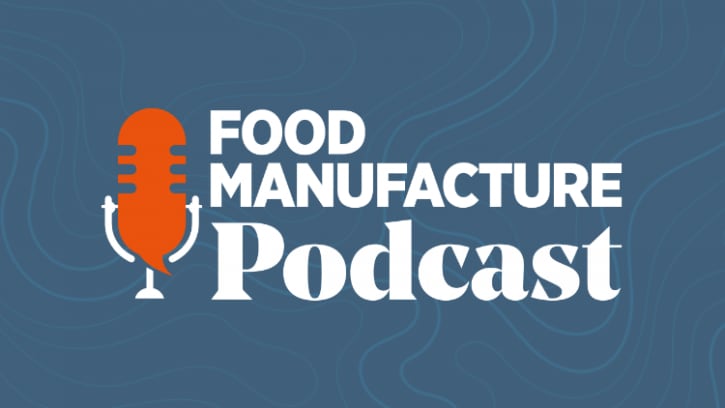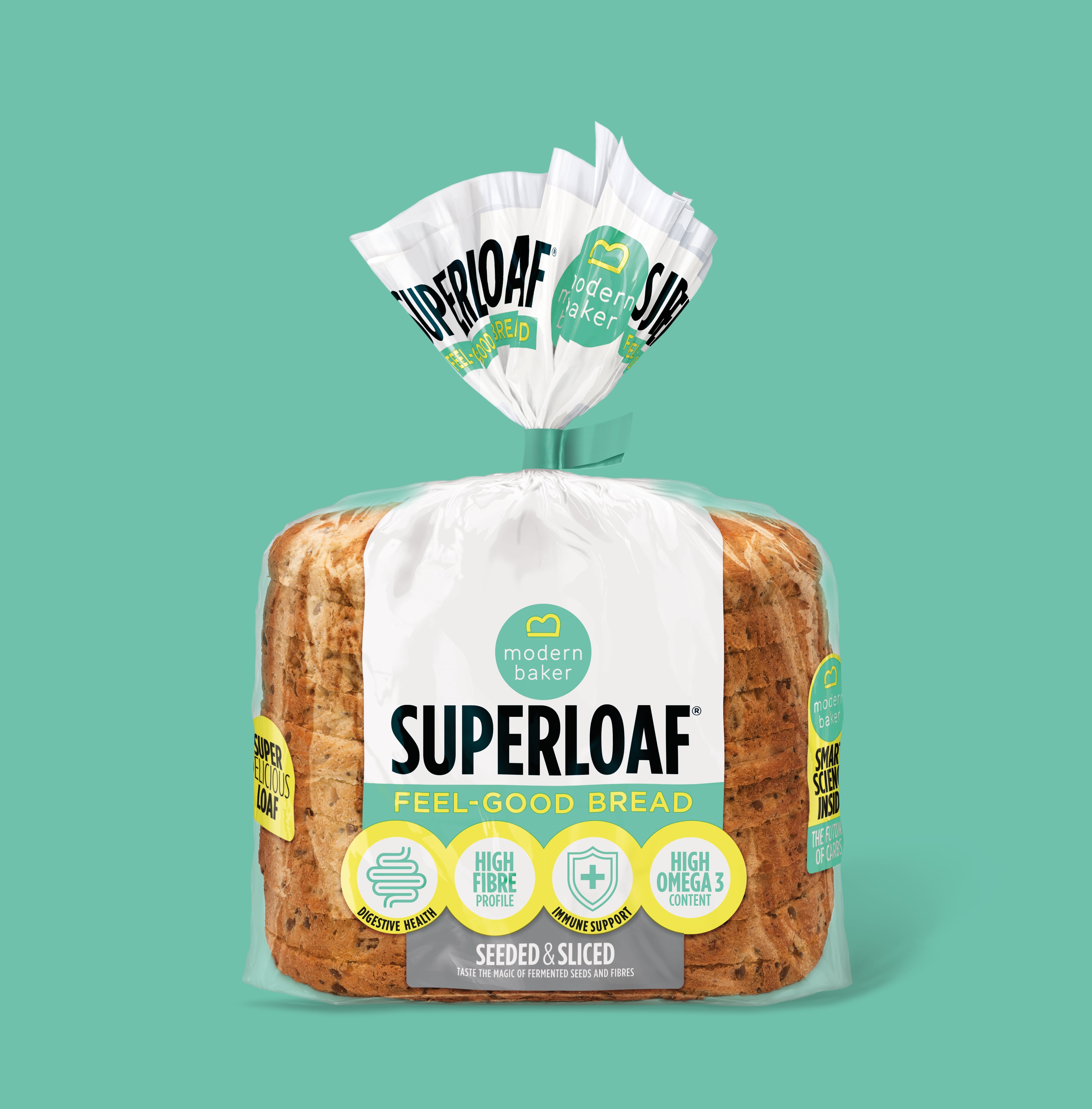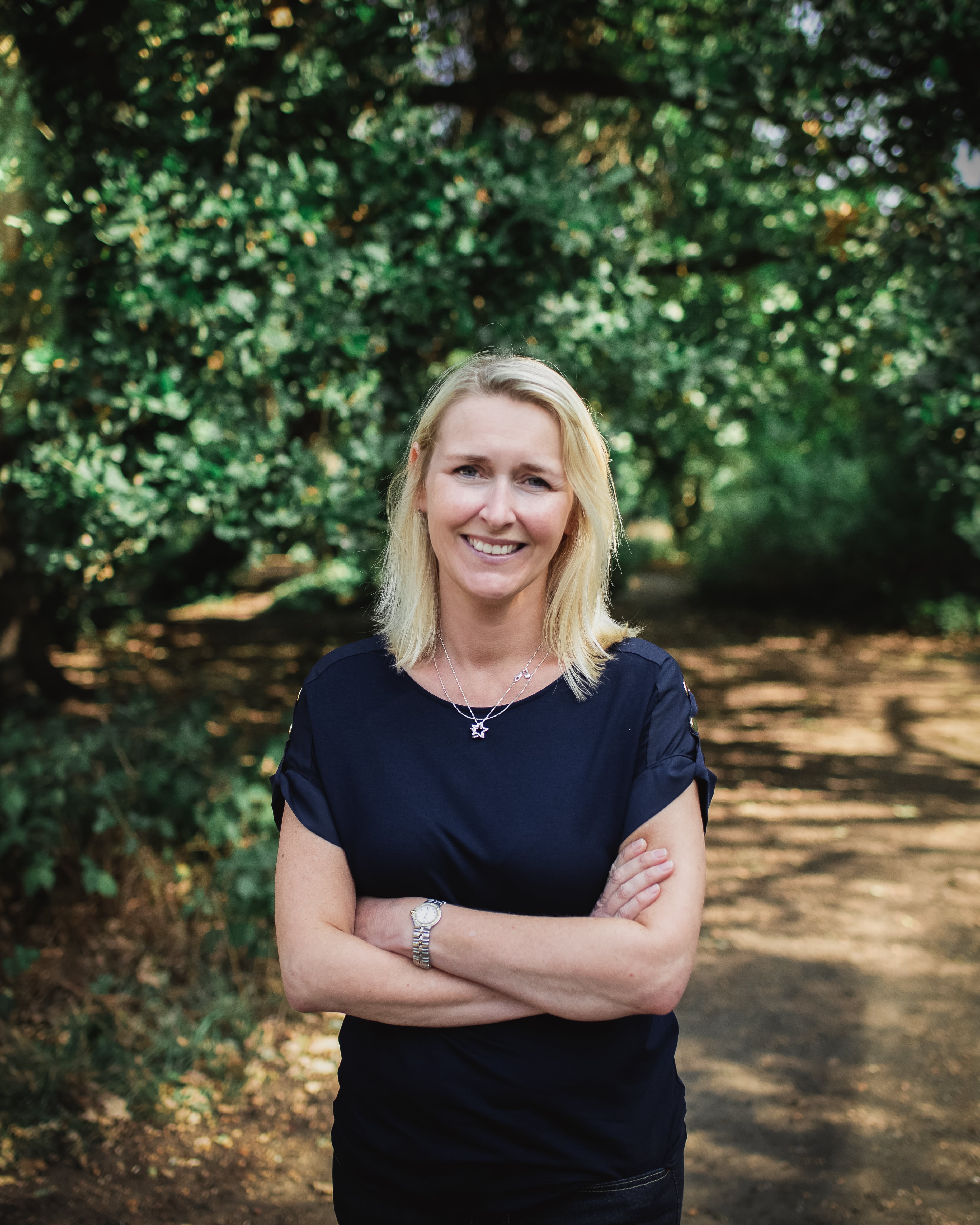The founders of Pip Organic met in London 27 years ago after Patrick O’Flaherty moved to the big smoke from South Africa and met his now wife, Karen O’Flaherty.
While Patrick’s background is in farming and finance, Karen’s is in design and marketing, having worked with a mixture of B2C and B2B brands, as well as government initiatives.
Market stall beginnings
Shortly after they met, the couple went travelling and it was during this time that they realised they both shared a passion for nutrition.
They were inspired by the innovation they saw abroad, in particular around functional beverages.
The result was a fresh, functional juice known as ‘RDA’.
“We developed our concept of juicing initially and started juicing fresh juices in Borough Market,” said Karen.
She describes their venture back then as “quite naïve”, with neither of them having any manufacturing experience but jumping head-first anyway.
“We learned a lot through our development with our RDA [brand]. And we took that concept from Borough marketing not more of the out-of-home market and into retail.”
The start of Pip Organic
But it was when the O’Flahertys started a family that the idea of Pip Organic was born. The duo wanted to use the knowledge they had built up to develop a new brand geared towards what families were missing – good, healthy food.
“There’s nothing more that focuses your brain when you’re feeding your child,” Karen shared.
Pip Organic now produces in three categories – drinks, frozen and snacking – with Karen explaining that these were the areas which she found to be most in need of ‘clean’ kids offerings.
A serious challenger brand
Operating in a competitive market space, Patrick explained that the focus has always been to do the right thing - and that takes paitence.
“It always came back to the product. That’s how we have managed to differentiate ourselves.
“There is no compromise there, just clean label that is always organic. And actually it’s fun, the kids want it and so do the parents.
“We’d rather take lots of small steps and be agile in these markets that are really dominated by the multinationals.”





